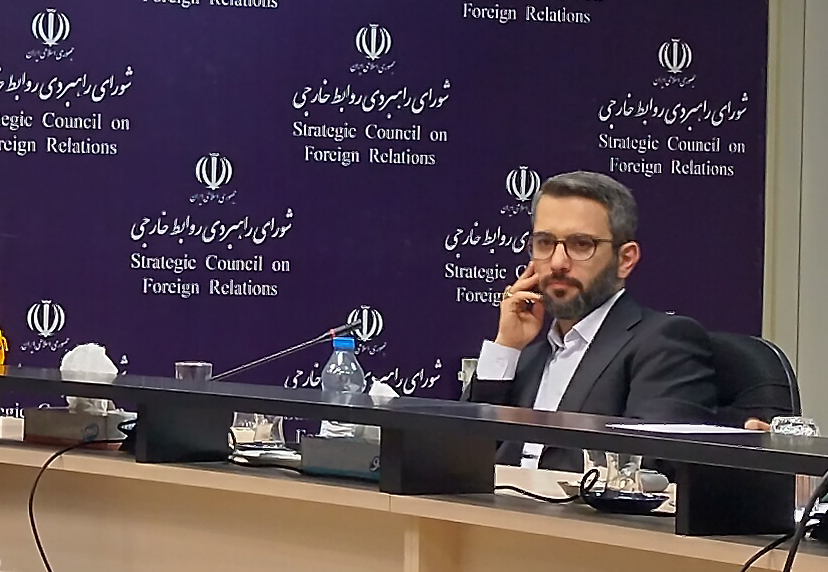According to the website of the Strategic Council on Foreign Relations, Mohammad Eslami, who spoke at the second specialized meeting on “Foreign Relations in the Era of Artificial Intelligence” hosted by the Strategic Council on Foreign Relations on the topic “Application of Artificial Intelligence in Foreign Relations,” stated: If we want to consider the impact of artificial intelligence on every level of human life, we must see what effects electricity has had on human life. After electricity, humans made measures that could not be even considered. Artificial intelligence can also have this level of influence.
Referring to the change in the new world order with the use of artificial intelligence, he stated that in the current situation, the main competition in artificial intelligence is between China and the United States. Others are not evaluated in this competition. In 2018, it was claimed that the competition between the US and China was over, and the Chinese won the competition. Other countries operate in this field at a significant distance. The fact that not everyone is in this competition is bad news, but in some ways, it can provide us with the opportunity to enter this space.
Eslami emphasized that although many countries are still in the initial steps, the speed of those steps is very high. The Chinese have rapidly advanced investment in artificial intelligence, and the UAE and Saudi Arabia governments have taken significant steps. The world of artificial intelligence is changing, if not daily, but week to week at the technology levels and the use of artificial intelligence.
The managing director of aiAble, while explaining the machine learning process and separating the parts that are the responsibility of the machine learning engineer in the application of artificial intelligence for foreign relations and the parts that the Ministry of Foreign Affairs should advance, continued: The primary responsibility for the application of artificial intelligence at the Ministry of Foreign Affairs is the responsibility of the machine engineer.
He stated that the machine now understands human language and now hears, makes sentences, and predicts different arguments and modes, adding: In the field of using artificial intelligence in foreign policy, there are two ways to consider whether we should use artificial intelligence services, or whether a department of foreign policy apparatus uses artificial intelligence or should it benefit from AI transformation.
While emphasizing that no country declares how it is using artificial intelligence, he pointed out the positive effect of using artificial intelligence on the performance of a stock brokerage in five years. He stated that United Nations agencies have announced the use of this artificial intelligence. In addition, the European Union’s foreign policy service also uses this possibility in its programs to monitor elections in European countries. This machine monitors the news on social networks.
The managing director of aiAble stated that the impact of international agreements should be estimated from when they are written until they are finalized and continued: The foreign policy apparatus of the Zionist regime is the only place that has announced it is using artificial intelligence. The Japanese are also using artificial intelligence. This issue has been clarified from the budget document in which they announced that a budget would be allocated for using artificial intelligence at the Ministry of Foreign Affairs. The Chinese are also using it.
Stating that everything that looks like a keyboard is disappearing and we are talking to machines, he said: One of the other things that have been done in the South Korean Foreign Ministry in using artificial intelligence is consular issues. The Emirates also uses artificial intelligence to explain the consular process. The British also use artificial intelligence to estimate the direction of the crisis.
Emphasizing that the Ministry of Foreign Affairs should quickly move towards using and creating a language model for itself, Eslami added: The investigation we did within our group showed that if we want Iran’s diplomatic system to use artificial intelligence, we must build an infrastructure for Iran’s diplomats to consider confidentiality of issues. This infrastructure can predict, verify, estimate, simulate a negotiation environment, provide speech text, and even characterizing by giving text and previous speeches to the machine and the closest possible estimate of what that person would answer to a question.










0 Comments